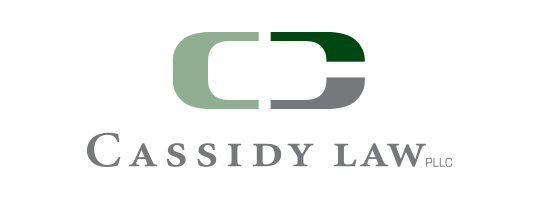
Britain’s Serious Fraud Office is Serious About Punishing Corrupt Behavior (Even Those Who Can’t Pay Serious Fines)
Britain’s Serious Fraud Office (SFO) has reached a deferred prosecution agreement with a “small to medium sized” company that as of this writing it cannot yet name. So for purposes of this post we will call that “small to mediums sized company”, Bribery, Inc.
Bribery, Inc. settled charges that it violated the UK Bribery Act of 2010 by engaging in a conspiracy to bribe and for failing to prevent bribery. (Remember, under the UK Bribery Act is there is an affirmative obligation to prevent bribery.) Supposedly, Bribery, Inc. employees and third party agents paid bribes in Asia to secure some contracts. The contracts at issue made up about 20% of Bribery, Inc.’s profit for about four years.
The bribery problems came to light after a U.S. company (for purposes of this post, we will call U.S. Purchaser, Inc.) acquired Bribery, Inc. in 2012. When U.S. Purchaser, Inc. acquired Bribery, Inc., it learned Bribery, Inc. did not have a compliance program so, U.S. Purchaser instituted a compliance program at Bribery, Inc. The controls established by the newly created compliance program that bubbled up Bribery, Inc.’s corruption issues. Bribery, Inc. disclosed the corruption to the SFO and explained to the SFO that it was now on the path to righteousness at the direction of its parent, U.S. Purchaser, Inc. All pretty standard.
But, I think this settlement is unique, beyond the fact that it seems to be only the second DPA the SFO reached with a company, is that the British government admitted that it faced quandary in how to deal with Bribery, Inc. The quandary: how to deal with a business, that does not have significant financial resources, yet engaged in corruption on a “prolific scale”?
According to the British government, Bribery, Inc. operates on an “economic knife edge.” As a result a significant financial penalty would make it insolvent. The approving British court pointed out that bankrupting Bribery, Inc. for its corrupt activities would harm innocents: employees, investors, business partners as well as the communities where it had operations. So, the British struggled with how to punish Bribery, Inc.
Ultimately, the settlement required that Bribery, Inc., among other things, would pay a fine and U.S. Purchaser could help it pay the fine. The fine would be based on Bribery, Inc.’s ability to pay to make sure it would not go bankrupt. In making this decision, the British government noted several mitigating factors beyond the fact that Bribery, Inc. did not have the resources to pay a fine.
First, although Bribery, Inc.’s corrupt behavior was significant, it had ferreted out the wrongdoing itself, and had disclosed its findings to the British Serious Fraud Office.
Second, the identification of the corrupt behavior was instigated by the fact that U.S. Purchaser, Inc. instituted a compliance program for Bribery, Inc. ultimately revealing the corruption. The British were happy that Bribery, Inc. now had a working compliance program and noted that Bribery, Inc. was not the company it was before being purchased.
Third, U.S. Purchaser, Inc. truly did not know of the bribery when it acquired Bribery, Inc. and it did not profit from Bribery, Inc.’s illegal actions.
For these reasons, the British concluded that justice did not mandate fines so substantial that Bribery, Inc. would go bankrupt. This resolution provides great insight for all those in private equity, in the market to acquire a company, or hoping to be acquired.
It highlights that no entity is too small or too financially insolvent to be prosecuted. Being in a tough financial spot or being small – does not get an organization a pass on being prosecuted. So, even if you are a small business or a business operating on the “an economic knife edge” a little bit of money on a compliance program may be worth it.
For all you organizations who want to get acquired, spending a bit to ensure you are not engaging in corruption (or all the other illegal activities that can cause a $*(#*% storm) may be a good spend because it will keep you out of trouble and increase your value during the acquisition process.
As for investors and parents, the British government warned that should an investor or parent company somehow know of, instigate, or benefit from the illegality of its investment, the SFO will pursue the parent/investor with verve.
Thus, private equity folks, those companies looking to become a parent or an acquirer or those companies who are a parent, make sure you know what you are buying and be diligent about getting your investments/children to behave. Should you discover that your investment/children have engaged in illegal, conduct a good internal investigation, get to the bottom of things, and then decide if you need to disclose.
In When the Writ Hits the Fan, I explore these issues – the intersection of law, business, criminal activity and ethics: why do some companies violate the law? what happens when they do? what is ethical? how do we get corporations to follow the law? can lawyers help and, if so, what is the lawyer’s role? Be sure to sign up for the newsletter to follow along!

